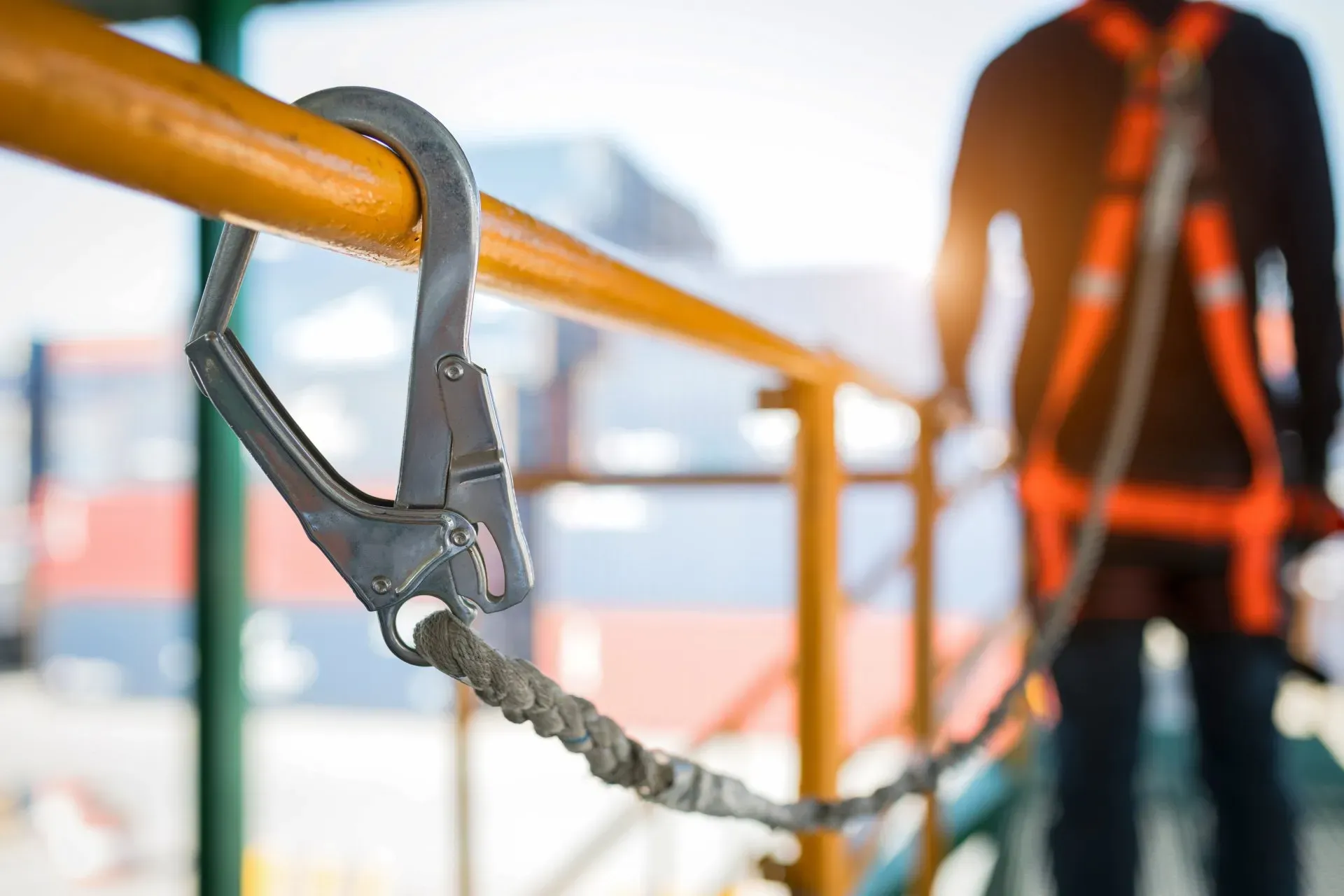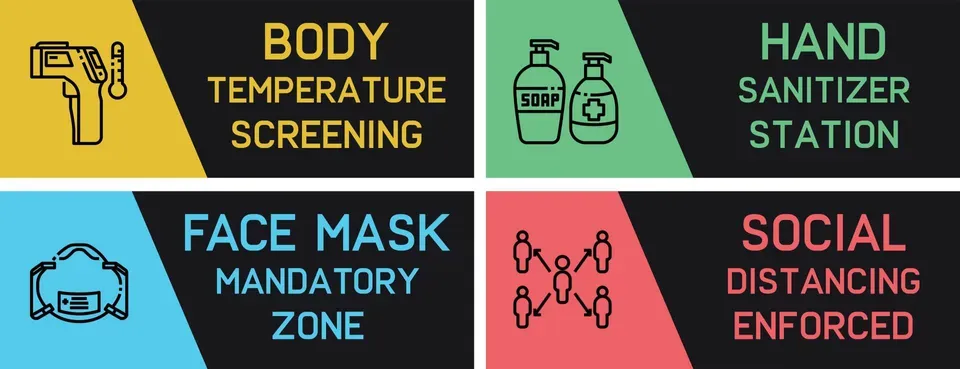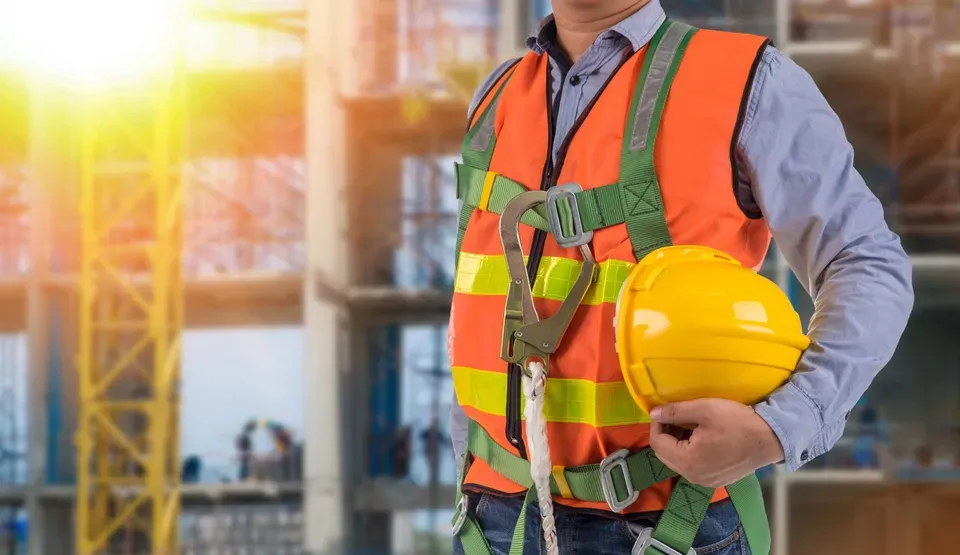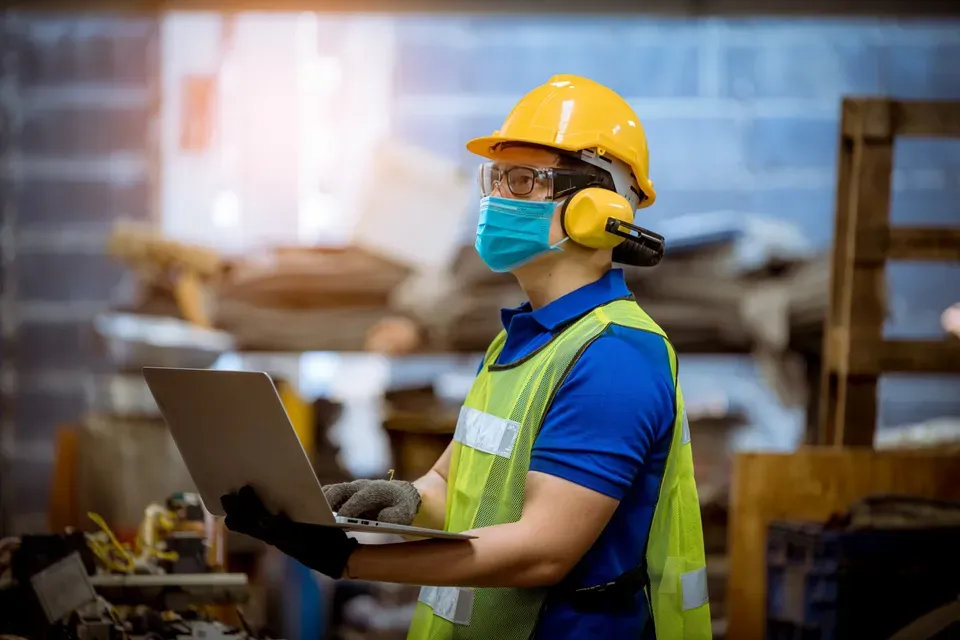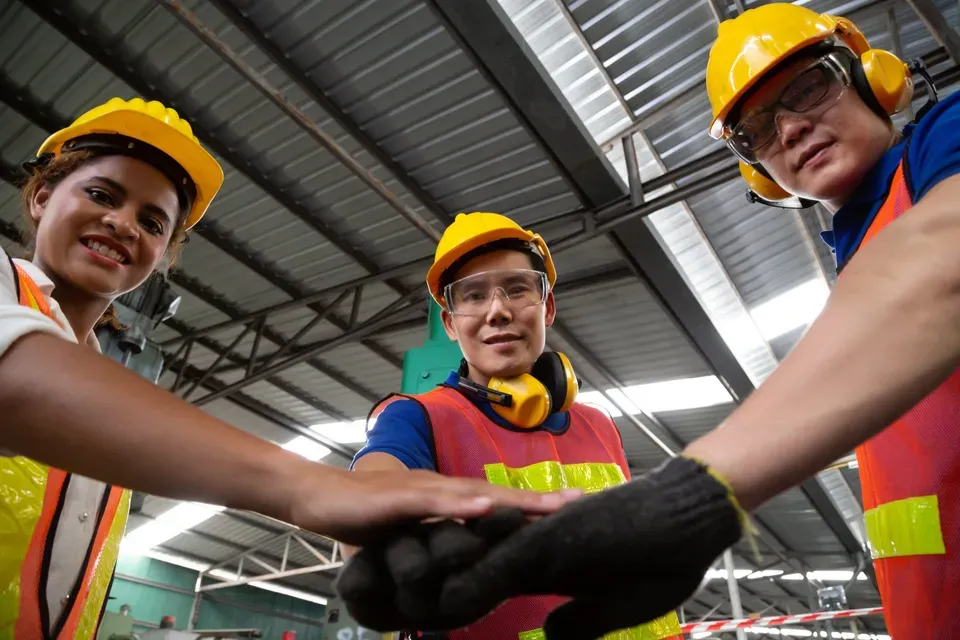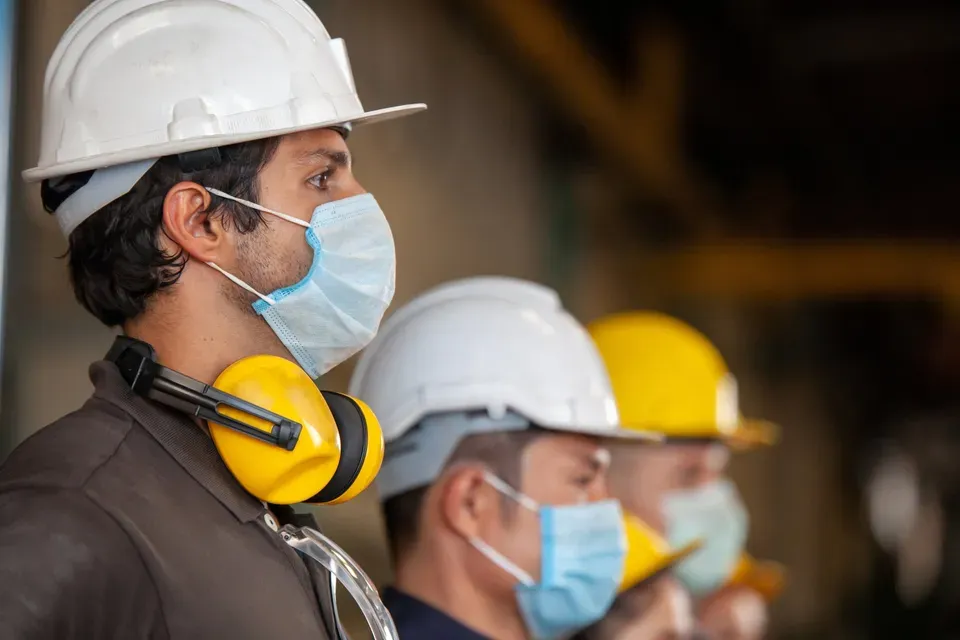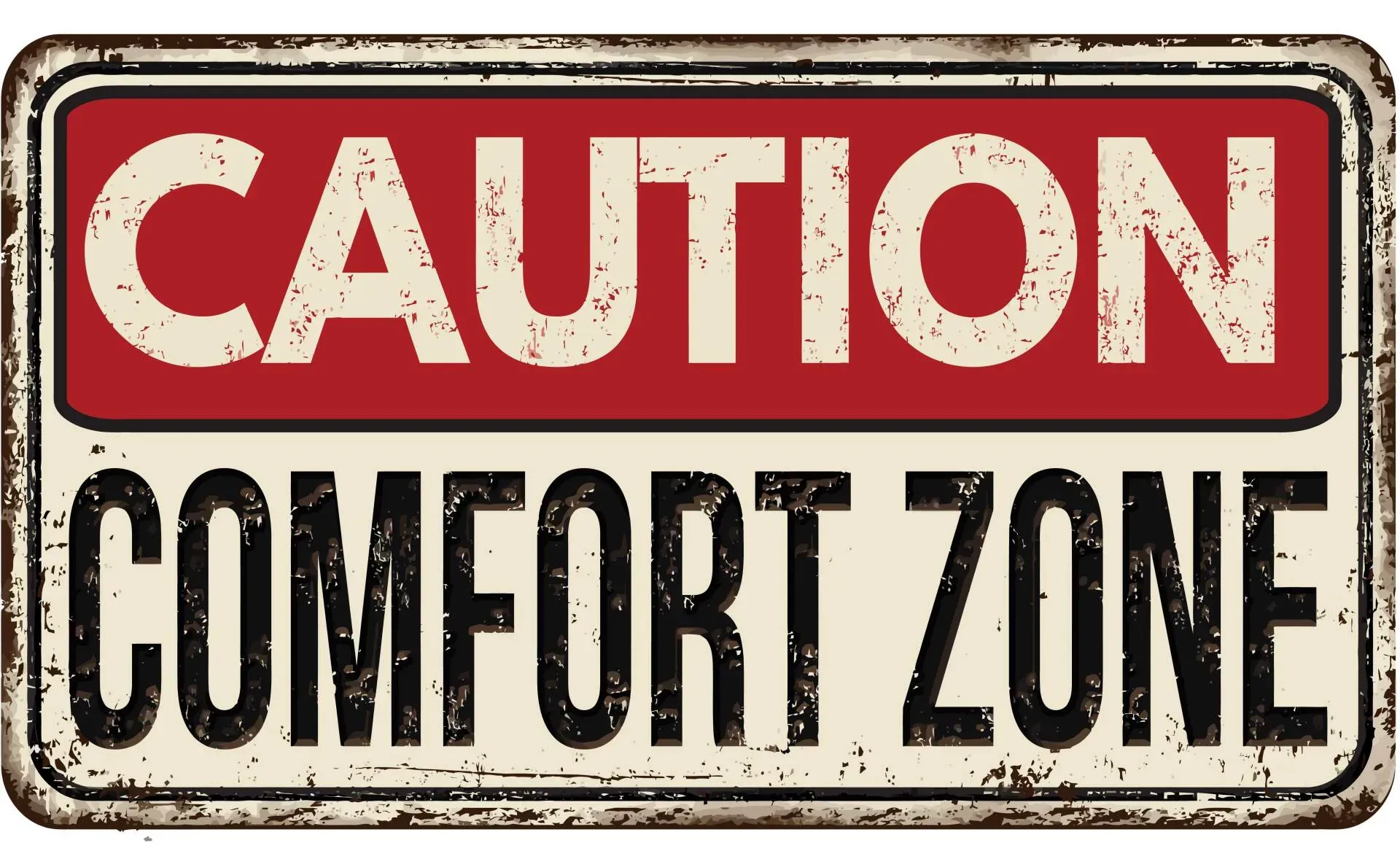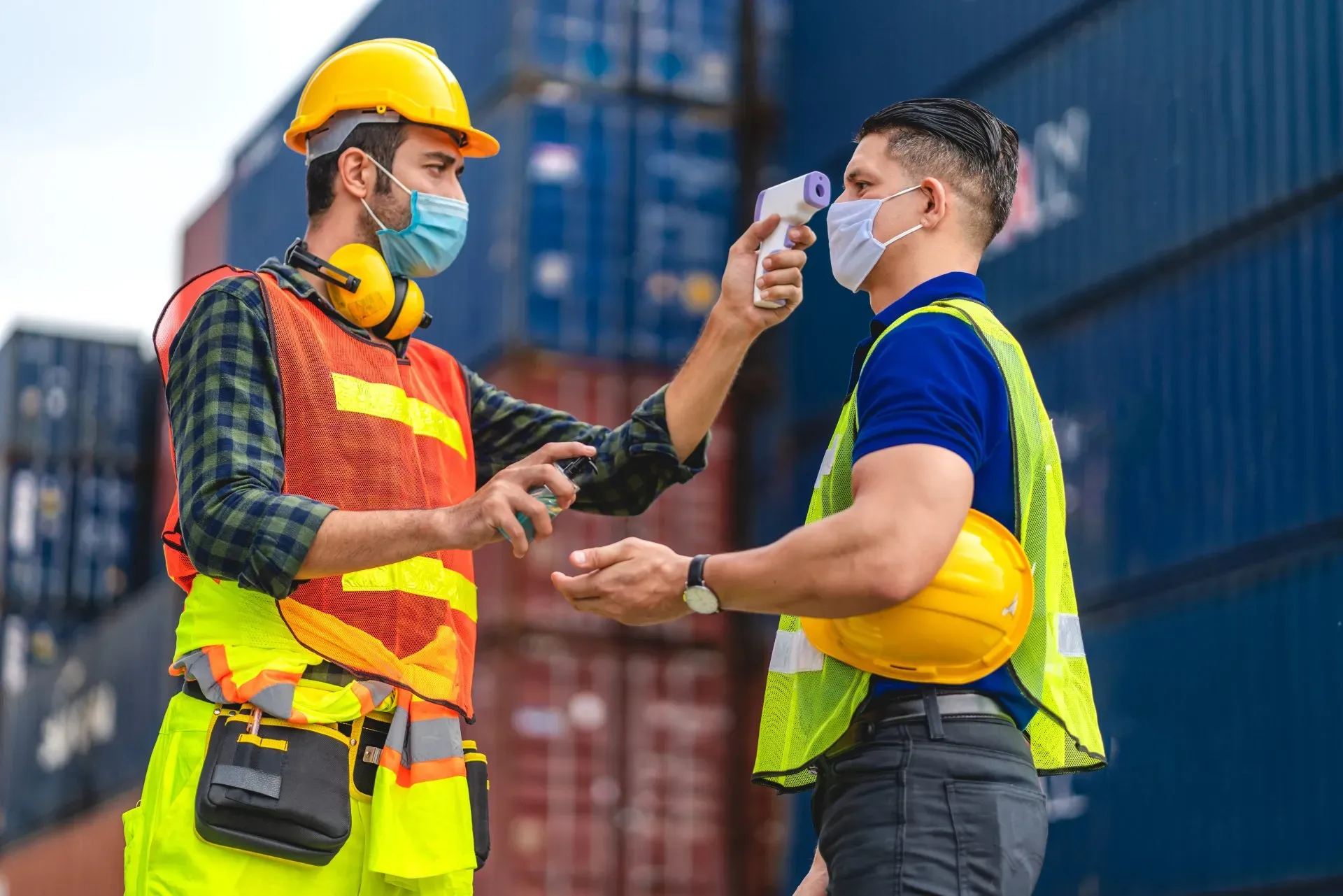President's Perspective: Just Don't Do It
Sometimes the most effective accident prevention isn’t wearing PPE, or being process oriented, or following a checklist. Many times, the best way to keep an accident from happening is to do nothing.
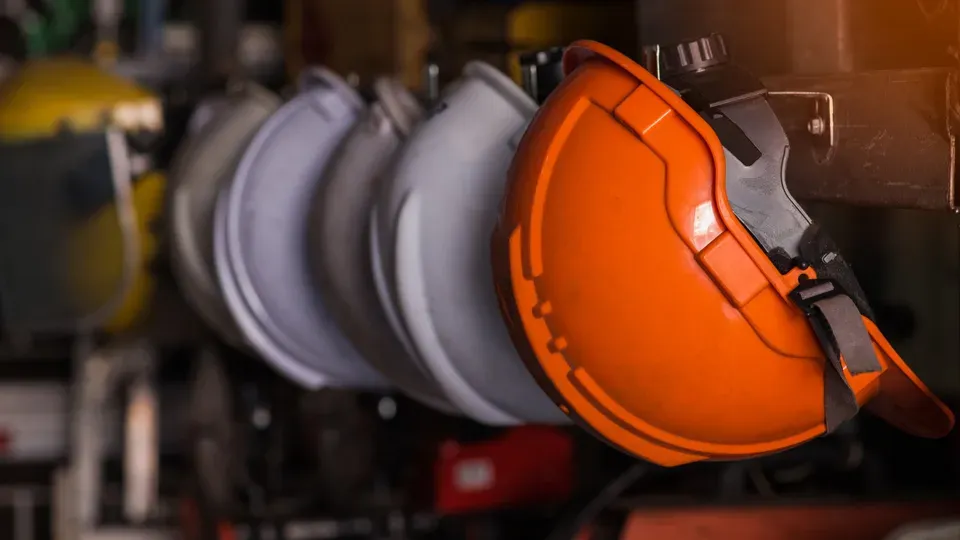
Sometimes the most effective accident prevention isn’t wearing PPE, or being process oriented, or following a checklist. Many times, the best way to keep an accident from happening is to do nothing.
What do I mean by that exactly? I mean that when we evaluate the task at hand and realize it’s beyond our grasp or our experience or our tools, we just shouldn’t do it. Simple as that. There is a special wisdom in knowing what you don’t know, whether that means calling in an expert for advice before you attempt a complex home repair, seeking additional training before jumping into a work project, or just not attempting a task that requires skills, stamina, or strength you might not have in the first place.
The average person would never attempt to perform a surgery or fly a plane without the proper equipment and training. Why, then, do so many smart people get hurt or even lose their lives attempting other “out of their league” tasks every year? Why is YouTube so full of videos that make us say, “Oh my gosh, I can’t believe he’s doing that!” and then cover our eyes or laugh hysterically (or both)?
You see, when stupidity kicks in, we think pretty highly of ourselves. We see someone perform a new task on the job and think, “Well, I could do that.” We see something that needs to be done around the house and we’d rather “get in there and figure it out” than spend money to hire a professional or simply admit we don’t know what we’re doing. Or the most dangerous of all, we take a puzzled look at the task at hand, turn to the person standing next to us, toss the instructions in the garbage, and say, “How hard could it be?”
Knowing that you don’t have the skills or equipment to do a task and then doing it anyway is not thinking and carelessness in equal parts. From operating power tools without prior instruction to trying to lift a heavy piece of furniture with no help, sometimes it seems like people are just asking for accidents to happen – and in a way, they are. One of my favorite accident investigation quotes came from a man I interviewed after he’d lost his finger on the job. When I asked him what he’d learned from the accident, he simply said, “I learned I shoulda done what I already knew.” When we jump into a task knowing we’re not ready to take it on, we’re building a strong and fast accident chain. My Granddaddy Pierce used to call it “playing the wild.”
In the early 1990’s, I worked on a case that took place in a food manufacturing plant. Two workers were in charge of cleaning the facility on weekends and were expected to clean the machines inside and out for the upcoming week. They were paid a flat rate for the job, no matter how long it took; naturally, they started looking for ways to make the work go faster.
The chemical compound they used to clean the insides of the machines was a liquid they poured in and then flushed out. The outsides were scrubbed by hand, which took much longer. On this particular day, they decided to save time and use the interior solution to do the entire job – it seemed like a stronger chemical, and they hoped it would cut down on the elbow grease required to get the machines spotless. They wore gloves and were extra careful with the chemical. Sure enough, they were finished in half the time.
As they stood back admiring their work, one of the men felt something strange on his leg. They both looked down at the places where the chemicals had splashed on their pants and shoes. They saw big holes where the cleaner had burnt through the fabric and even the leather of their boots. They soon realized the solution had also caused third-degree burns on their legs, faces, and hands.
As they rushed to the hospital, they grabbed the SDS (Safety Data Sheets) for the chemical they’d used. The sheets detailed all of the precautions for using the solution, including hazmat-grade full-body protection, as the chemical destroys skin and tissue without any sensation of pain. They not only lacked the proper equipment to be handling the chemical; they lacked the knowledge and understanding of how to keep themselves safe.
